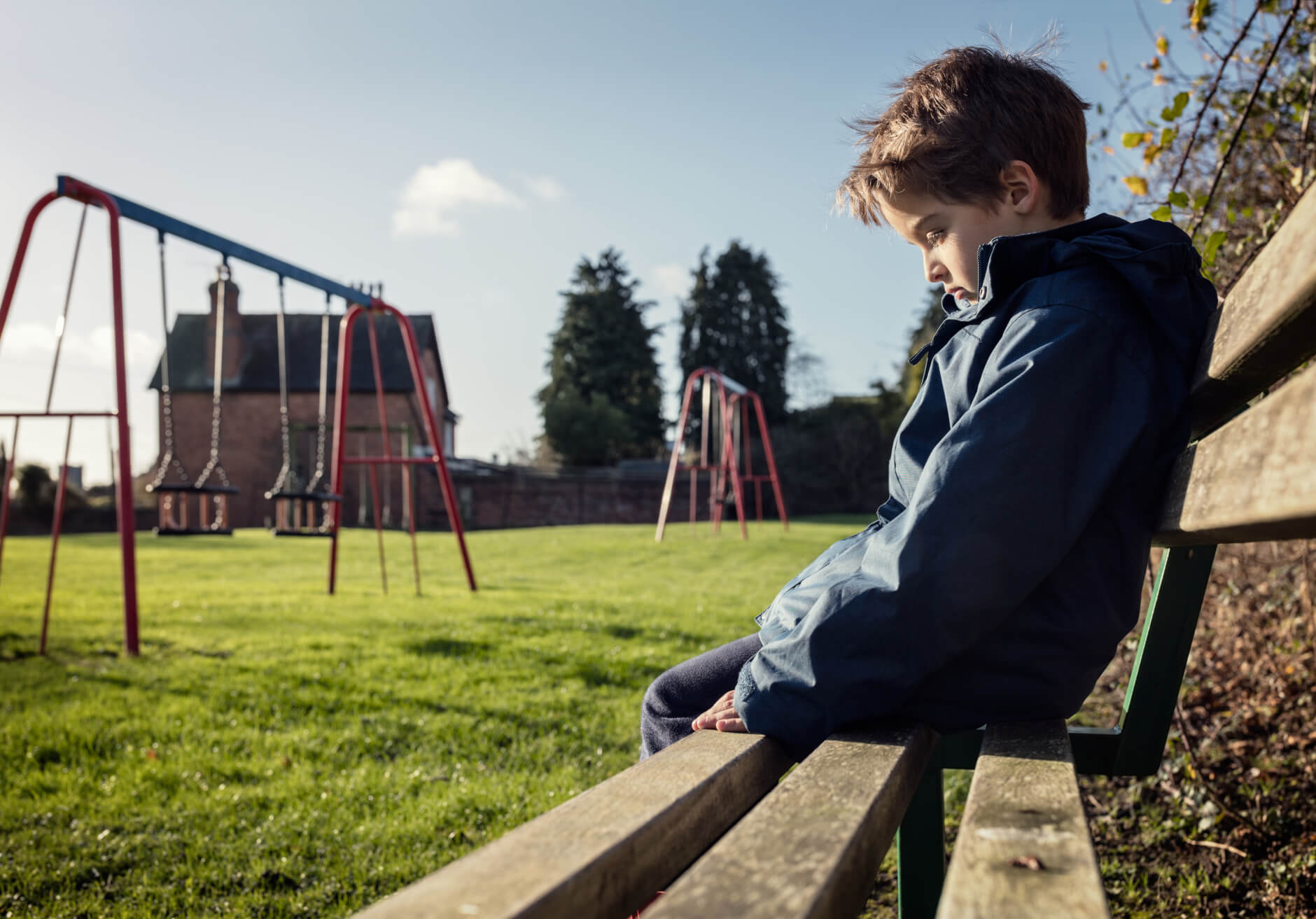Oppositional Defiance Disorder - Supporting Children

Oppositional defiance disorder (ODD) is a condition where a child or teenager has a frequent and persistent pattern of anger, irritability, arguing, defiance or vindictiveness toward authority figures. In this article, Delyth Hughes explores the disorder and some of the practical steps schools can take to support children.
Behavioural treatment of ODD involves learning skills to help build positive family interactions and to manage problematic behaviours. Additional therapy, and possibly medications, may be needed to treat related mental health disorders.
For some children, ODD symptoms occur in the home first then, with time, extend to their friendship groups and other settings such as school.
ODD varies in severity:
- Mild - where symptoms occur only in one setting, such as only at home or at school;
- Moderate - where some symptoms occur in at least two settings;
- Severe - where some symptoms occur in three or more settings.
Emotional and behavioural ODD symptoms include:
Angry and irritable mood such as:
- Often and easily losing their temper;
- Being frequently and easily annoyed by others;
- Often being angry and resentful.
Argumentative and defiant behaviours such as:
- Often arguing with adults or people in authority;
- Often being actively defiant or refusing to comply with adults' requests or rules;
- Often deliberately annoying or upsetting people;
- Often blaming others for their mistakes or misbehaviour.
Vindictiveness such as:
- Often being spiteful or vindictive;
- Having shown spiteful or vindictive behaviour at least twice in the past six months.
ODD may lead to problems such as:
- Poor school and work performance;
- Antisocial behaviour;
- Impulse control problems;
- Substance misuse / disorders;
- Suicide.
Many children with ODD also have other additional mental health disorders such as:
- Attention-deficit / hyperactivity disorder (ADHD);
- Conduct disorder;
- Depression;
- Anxiety;
- Learning and communication disorders.
Diagnosis
Diagnosing ODD is complex and requires a comprehensive psychological evaluation by a mental health professional who will assess:
- The child's overall health;
- The frequency and intensity of behaviours;
- The child's emotions and behaviour across multiple settings and relationships;
- The family situation and interactions.
They will also consider strategies that have proved to have been helpful or not helpful in managing problem behaviour and if other mental health, learning or communication disorders also feature.
Treatment
Treatment for ODD involves social skills training and a variety of therapies including cognitive problem-solving training, to help the child identify and change the thought patterns that lead to the oppositional behaviour.
Practical support
We all strive to create a classroom environment that is conducive to learning. The presence of a pupil with ODD may present challenges in maintaining this ethos, which is why support strategies are vital.
Support should be guided by professional advice however here are some practical strategies that may support a child with ODD. They include:
- Giving clear instructions;
- Recognising and positively praising, individually and in the presence of others, when the child cooperates with a focus on rewards rather than sanctions;
- Ensuring rules are explained and following through with appropriate consequences when needed;
- Recognising and praising the pupil's good behaviours and positive characteristics to promote desired behaviours;
- Ensuring and maintaining consistency in approaches to managing challenging behaviour;
- Providing opportunities for the pupil to demonstrate the skills they do well;
- Understanding that new behavioural expectations will take time to develop;
- Modelling the behaviour you expect from the pupil;
- Taking time to redirect any frustration you feel - teaching pupils with ODD can be challenging so avoid reactionary responses and take time to calm yourself.
Employing the above strategies will contribute towards maintaining an ethos and environment conducive to learning and will help to develop a process of ongoing engagement by pupils with ODD.
Want to know more about supporting mental health? Check out our Supporting Mental Health and Wellbeing training.
Delyth Hughes
Senior Leader Children's Mental Health Recovery Unit
23 February 2023